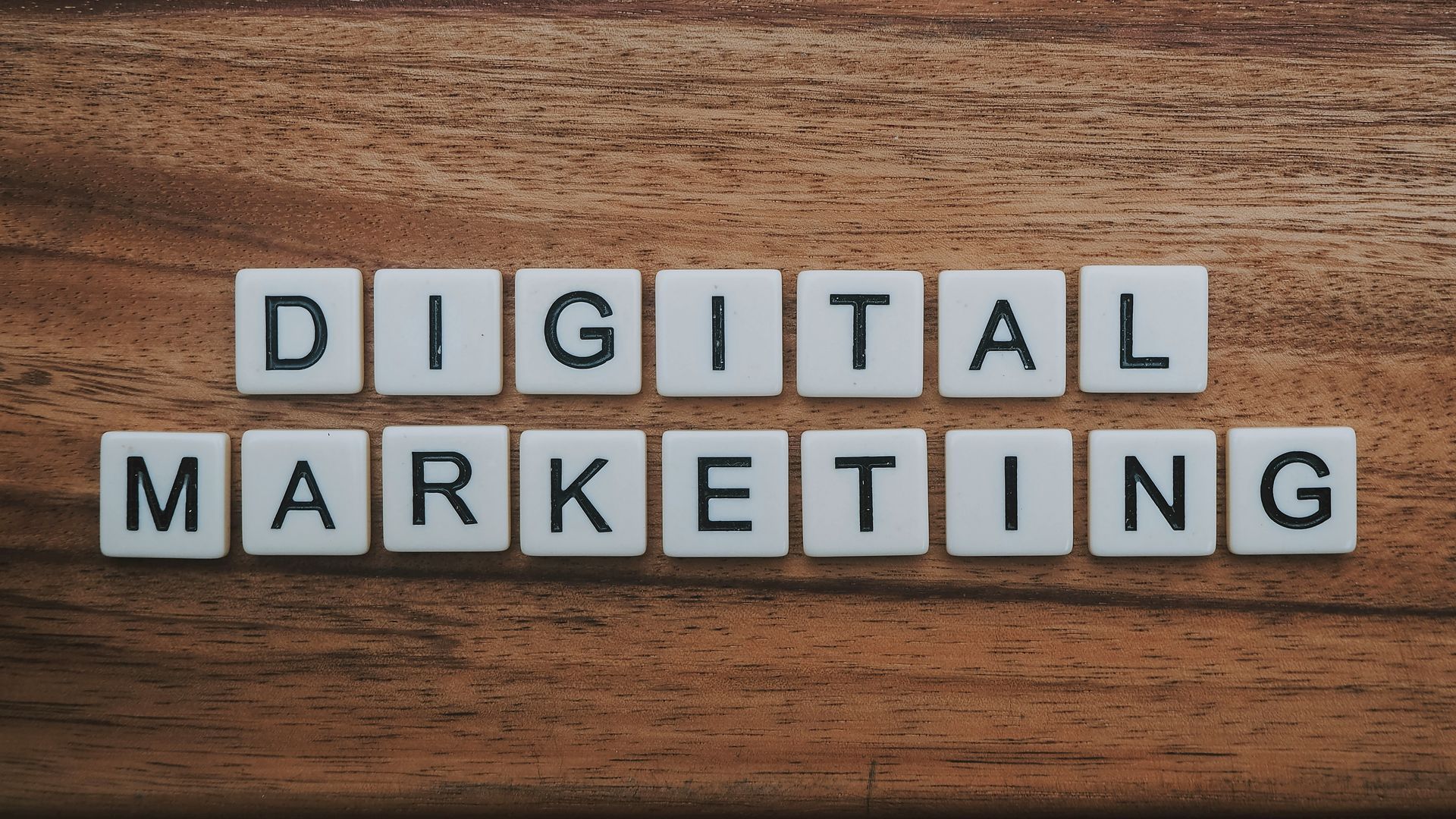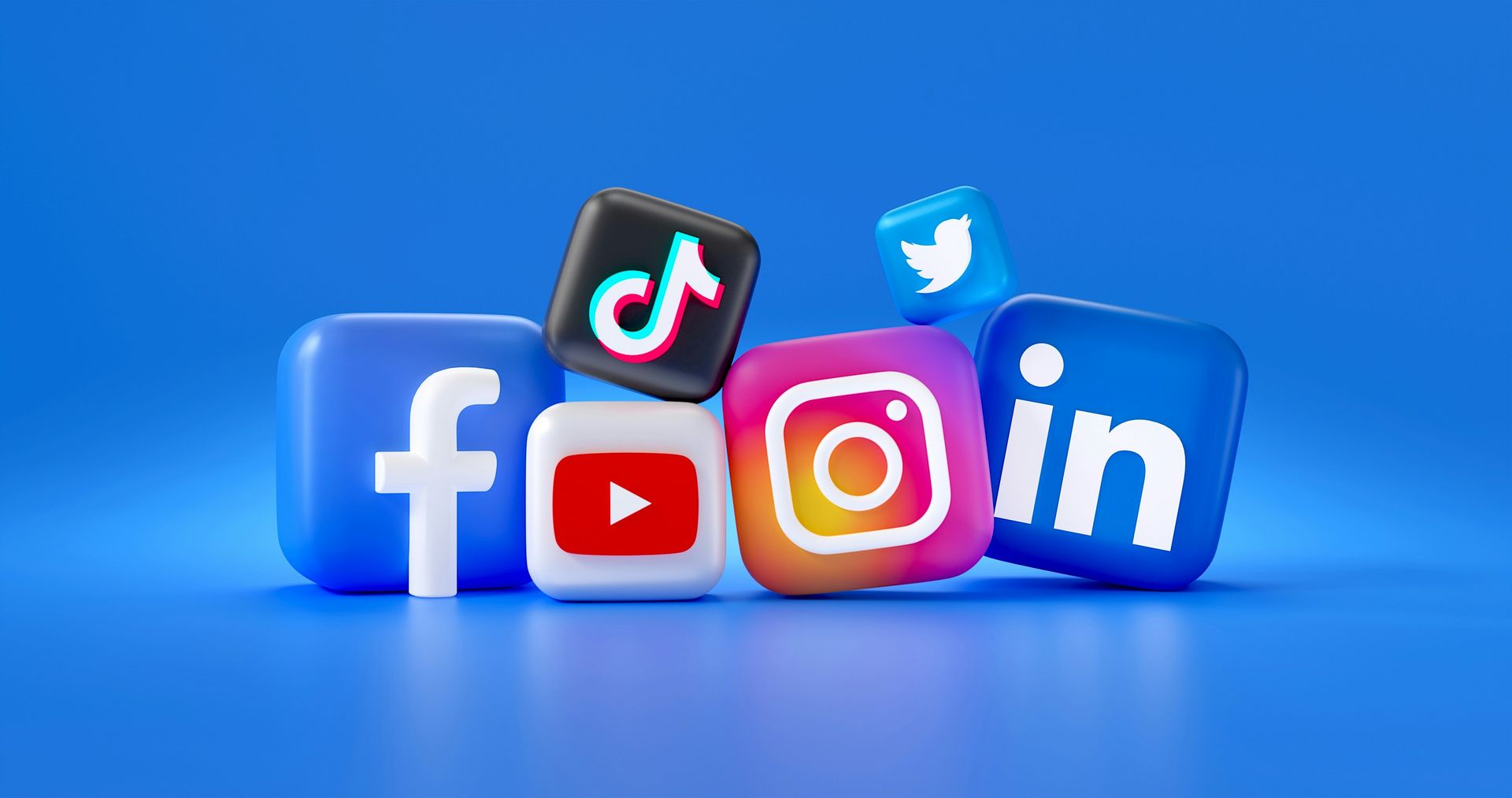The Effect of AI on Marketing: Key Changes and Trends of the future.

Artificial Intelligence (AI) has quickly become a driving force behind marketing innovations. From automating repetitive tasks to creating highly personalized customer experiences, AI transforms how businesses interact with their audiences. In this article, we’ll delve into the key changes and trends AI brings to marketing, discuss its impact on future strategies, and offer practical advice for marketers looking to leverage AI in their strategies.
What is AI in Marketing?
AI in marketing refers to using intelligent technology that can analyze data, predict trends, personalize messages, and automate various marketing tasks. This allows businesses to better understand their audiences, optimize campaigns, and improve efficiency. Natural Language Processing (NLP), a subfield of AI, is particularly influential as it enables machines to interpret and respond to human language, allowing for more natural and personalized interactions with customers.
For more information on how AI affects search behavior, read What is Social Search? The Future of Online Searching.
Key AI-Driven Changes in Marketing
AI is revolutionizing multiple aspects of marketing, from content creation to customer service. Here’s a closer look at the most significant changes AI is bringing to the marketing landscape:
1. Enhanced Personalization
AI enables a level of personalization that was once impossible. Using data from user behavior, purchase history, and online interactions, AI can create tailored recommendations, offers, and messaging that resonate with individual customers. This creates a more engaging user experience, leading to increased brand loyalty and conversion rates.
With NLP, AI can understand user intent, allowing marketers to craft messages that speak to individual preferences, even predicting future needs. This hyper-targeted approach to messaging is becoming essential for businesses aiming to stand out in a competitive market.
2. Predictive Analytics
Predictive analytics powered by AI helps businesses anticipate trends and customer behavior. Using machine learning algorithms, marketers can analyze historical data to make informed predictions about future customer actions. For example, predictive analytics can identify high-value customers likely to make repeat purchases, allowing businesses to focus their marketing efforts effectively.
This data-driven insight helps businesses optimize their marketing budget and plan campaigns strategically, ensuring that marketing messages reach the right people at the right time.
3. Automated Customer Support with Chatbots
AI-powered chatbots are now a common feature on websites and social media platforms. These chatbots use NLP to answer customer questions, solve problems, and provide product information, all in real-time. Chatbots improve customer service efficiency and ensure that customers receive prompt responses to their inquiries, even outside regular business hours.
As AI technology continues to improve, chatbots will likely become more sophisticated, handling increasingly complex customer interactions and further enhancing the customer experience.
Emerging AI-Driven Marketing Trends
With rapid advancements in AI technology, several key trends are reshaping the future of marketing:
1. Voice Search Optimization
As voice-activated devices like Amazon Alexa, Google Home, and Siri gain popularity, voice search optimization has become a top priority. AI-powered voice search relies heavily on NLP to interpret spoken language, making it essential for marketers to optimize their content for conversational queries.
For more information on voice search and its impact on SEO, see How to Use Social Search: Everything You Need to Know.
2. AI in Content Creation
AI tools are increasingly used to generate content for blogs, social media, emails, and even videos. Although AI can’t entirely replace human creativity, it can significantly speed up the content creation process by suggesting ideas, providing templates, and optimizing headlines.
With the help of AI, marketers can produce large volumes of content more efficiently, allowing them to maintain a consistent online presence while freeing up resources for creative work that requires a human touch.
3. Dynamic Pricing Strategies
AI allows businesses to adopt dynamic pricing strategies by analyzing real-time market demand, customer behavior, and competitor prices. With dynamic pricing, companies can adjust their prices to reflect current demand, maximizing profits and staying competitive in the market.
For example, airlines, hotels, and e-commerce platforms use AI-driven pricing models to optimize their revenue based on factors such as seasonality and customer demand.
The Role of NLP in AI-Driven Marketing
NLP is critical to many AI-driven marketing innovations. By enabling machines to interpret and respond to human language, NLP allows businesses to communicate with customers in more meaningful ways. Here’s how NLP is enhancing marketing:
Sentiment Analysis
NLP can analyze social media comments, reviews, and feedback to gauge customer sentiment toward a brand or product. By understanding customer emotions, businesses can adapt their strategies to better align with customer needs and address potential issues before they escalate.
Improved Targeting
NLP helps identify keywords, topics, and themes that resonate with specific audiences. This information allows marketers to create highly targeted ads and content, increasing engagement and driving conversions.
Enhanced Content Optimization
With NLP, AI can analyze the readability, tone, and relevance of content, helping marketers optimize it for specific audiences. This leads to more effective content that captures the attention of users and encourages them to take action.
Benefits of Integrating AI into Marketing Strategies
Improved Efficiency: AI automates repetitive tasks, saving time and resources for marketers to focus on strategic initiatives.
Enhanced Customer Experience: Personalized interactions and prompt customer support improve the overall customer journey.
Data-Driven Decisions: AI offers actionable insights, allowing businesses to make informed decisions based on data.
Increased ROI: By optimizing targeting, personalization, and budget allocation, AI helps improve the return on investment for marketing efforts.
How to Implement AI in Your Marketing Strategy
Start with Small AI Tools: Many AI-powered tools, like chatbots and predictive analytics, are easy to integrate without significant investment. Start small and assess their impact on your campaigns.
Focus on Data Collection: For AI to work effectively, data is essential. Make sure you’re collecting relevant customer data through CRM systems, social media, and website analytics.
Invest in Training: Educate your marketing team about AI technologies and how to use them. As AI continues to evolve, having a team that understands its potential can give you a competitive edge.
Test and Measure Results: Like any marketing tool, AI should be monitored to determine its effectiveness. Continuously measure the performance of AI-driven campaigns and adjust your strategy as needed.
Preparing for an AI-Driven Future
AI is no longer a futuristic concept; it’s a powerful tool that’s transforming marketing. As AI technology continues to advance, businesses that embrace these changes will be better equipped to meet the evolving needs of their customers. Whether you’re automating customer support, personalizing content, or optimizing for voice search, AI offers endless possibilities for enhancing your marketing efforts.
If you’re ready to take your marketing to the next level, consider integrating AI-driven strategies and tools into your plan. With AI, you can deliver smarter, faster, and more personalized marketing that drives real results.
For more insights on how AI and other emerging technologies impact marketing, visit Marcom.eu.
ALL OUR OTHER NEWS:







